
WP 2.3 Probing Interkingdom Crosstalk during Inflammation
project description
Adaptive lymphocytes of higher vertebrates direct the evolution of gut bacteria and shape the composition of microbial communities. During infection, T cells orchestrate prototypical type 1, 2, or 3 immune responses to kill infected cells, expel multicellular parasites, and contain extracellular pathogens, respectively. Although these responses aim to restore organismal homeostasis, the associated metabolic and immune changes can also disturb the gut microbiome. The initiating signals and ecological principles driving microbial shifts during infection remain largely unknown but are highly relevant since infection-induced dysbiosis is linked to chronic health impairments such as irritable bowel syndrome (IBS). Further, children in developing countries suffering from wasting diseases often have a history of infection. How this “memory of infection” stored in the microbiome perpetuates physiological changes after pathogen clearance is not fully understood.
We hypothesize that early inflammatory cues broadly shape the gut microbiome via conserved metabolic changes such as anorexia of infection, while late challenge-specific T cell-derived cytokines may drive unique microbial community states. We also postulate that challenge-specific perturbations are differentially propagated via interdomain interactions to drive novel equilibrium states. Specifically, we hypothesize that defensive molecules produced during infection may broadly induce bacterial prophages (genome-integrated viruses), thereby heavily influencing shifts in microbial communities. We thus emphasize a holistic approach that comprehensively assesses the feedback between the animal host and the entire microbiome, including bacteria, archaea, fungi, and viruses.
Using mouse models established in our labs of viral (chronic lymphocytic choriomeningitis virus), bacterial (Citrobacter rodentium), and helminthic (Heligmosomoides polygyrus) infection, we will profile compositional and functional changes of the microbiome using multi-omics. Intestinal sensing of T cell-derived inflammatory signals will be disrupted using conditional knockout mice. To assess the contribution of prophages to interdomain interactions, we will monitor their induction over the course of infection by sequencing viral fractions and by quantitatively mapping viruses in metagenomes. In addition, we will induce prophages in microbial cultures and gut content preparations by adding host-derived antimicrobial factors known to trigger bacterial stress responses, such as antimicrobial peptides and reactive oxygen species. Ecological interactions will be validated using co-culture assays and in-vivo gnotobiotic mouse models. To investigate the effects of the post-infectious microbiome on the host, we will perform colonization experiments and assess behavioral and physiological responses. To identify putative molecular mechanisms involved in metabolic regulation, we will carry out stool metabolomics and gene expression analyses on host tissues. Candidate metabolic pathways will be manipulated in suitable bacterial strains using CRISPR/Cas9.
Our holistic focus across domains – i.e., bacteria, viruses/phages, fungi – will offer unprecedented insights into gut microbiome interactions during infection. We will mechanistically dissect these interactions and integrate them with infection-induced host responses. Together, this project will provide fundamental new insights into interdomain crosstalk, impacting mammalian homeostasis and disease.
work package leader

martin polz
University of Vienna
Professor at the Division of Microbial Ecology (CeMESS)
CoE Key Researcher
work package members
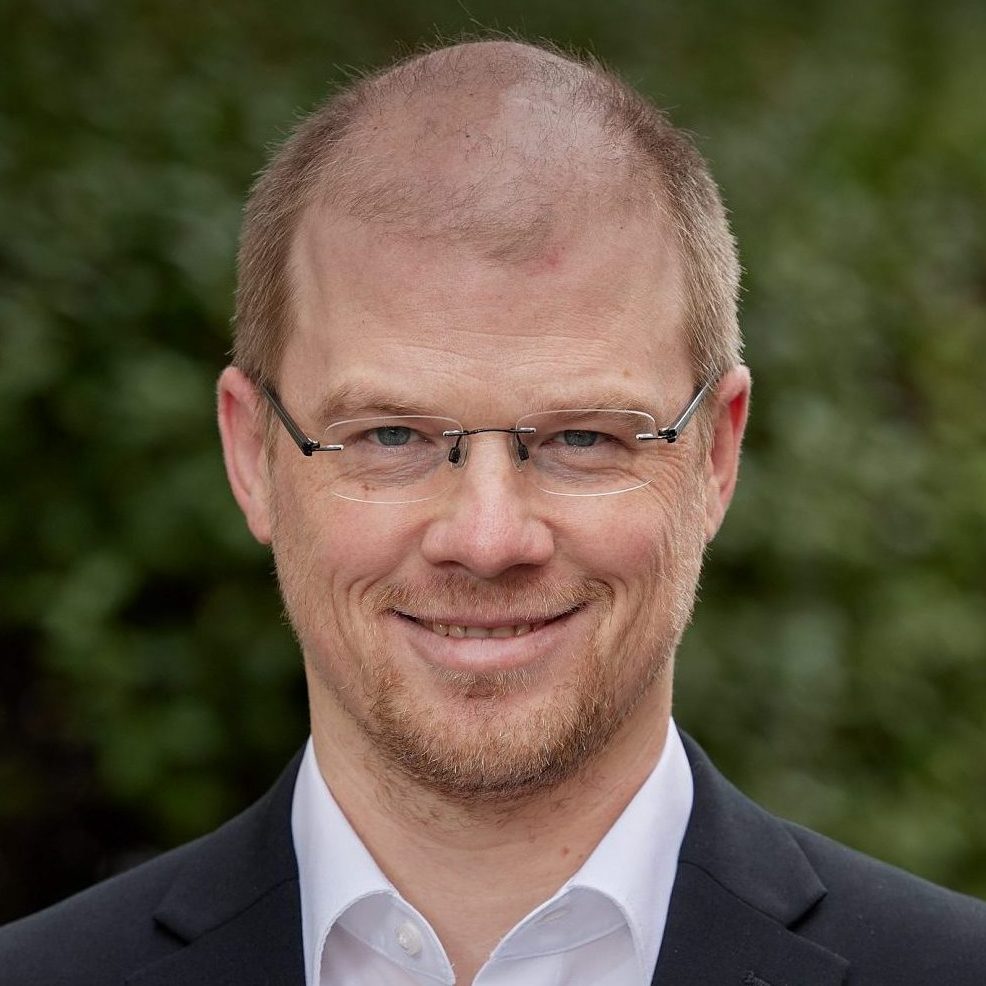
andreas bergthaler
CoE Key Researcher
medical university of vienna
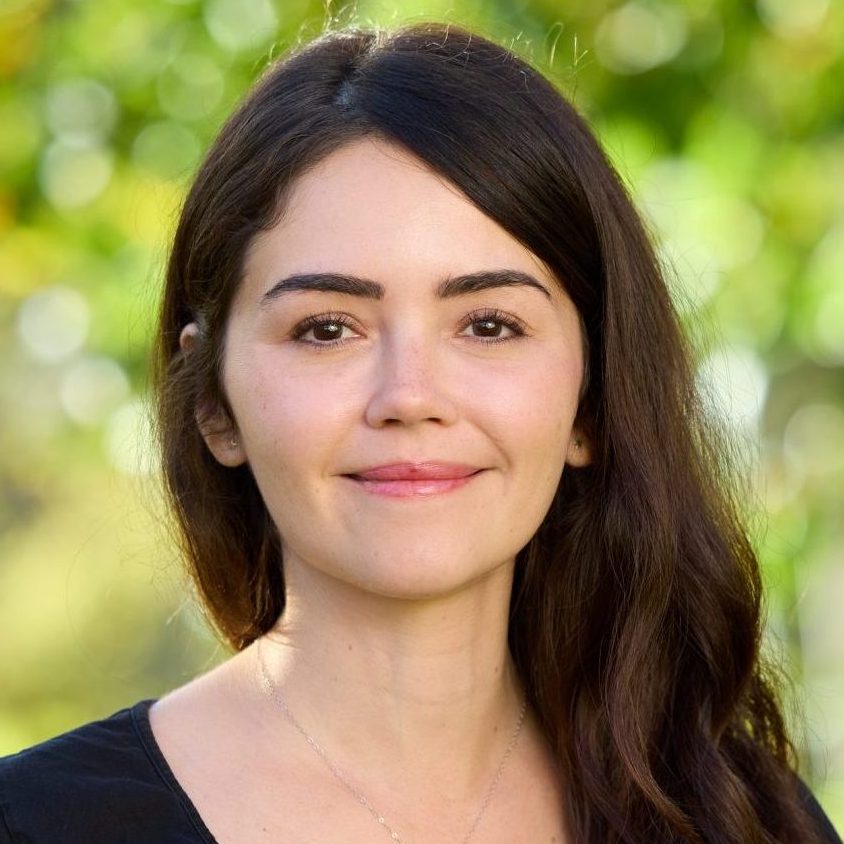
clarissa campbell
CoE Key Researcher
center for molecular medicine (cemm, öaw)

nir shmuel even
PhD Student
university of vienna
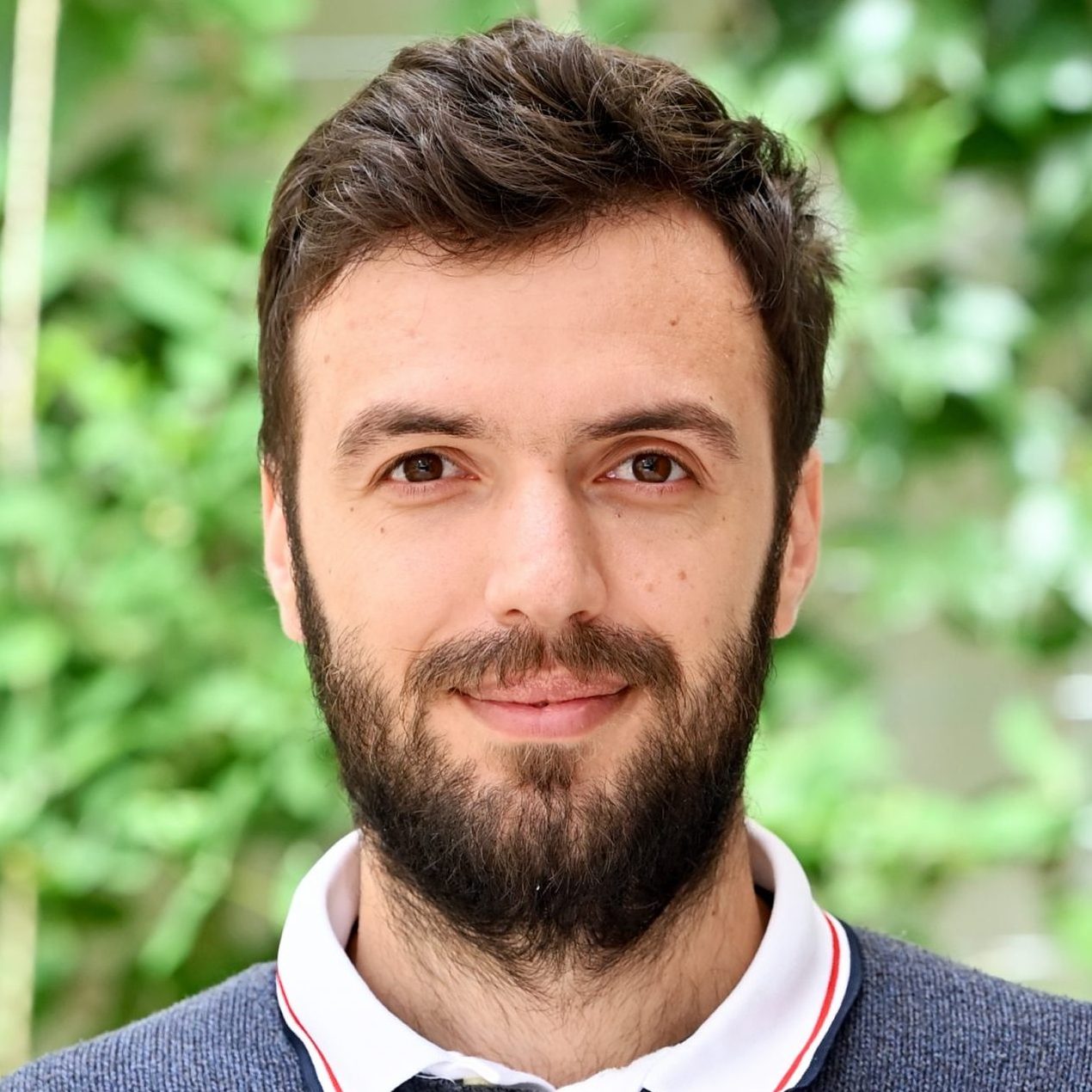
cristiano de sá fernandes
Postdoctoral Reseacher
center for molecular medicine (cemm, öaw)

Foto: Clemens Fabry
thet khaing nyein
Technical Assistant
center for molecular medicine (cemm, öaw)
involved institutions
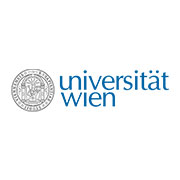
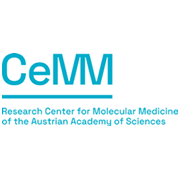
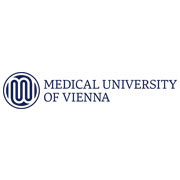
CoE publications in wp 2.3
Publications will follow soon

